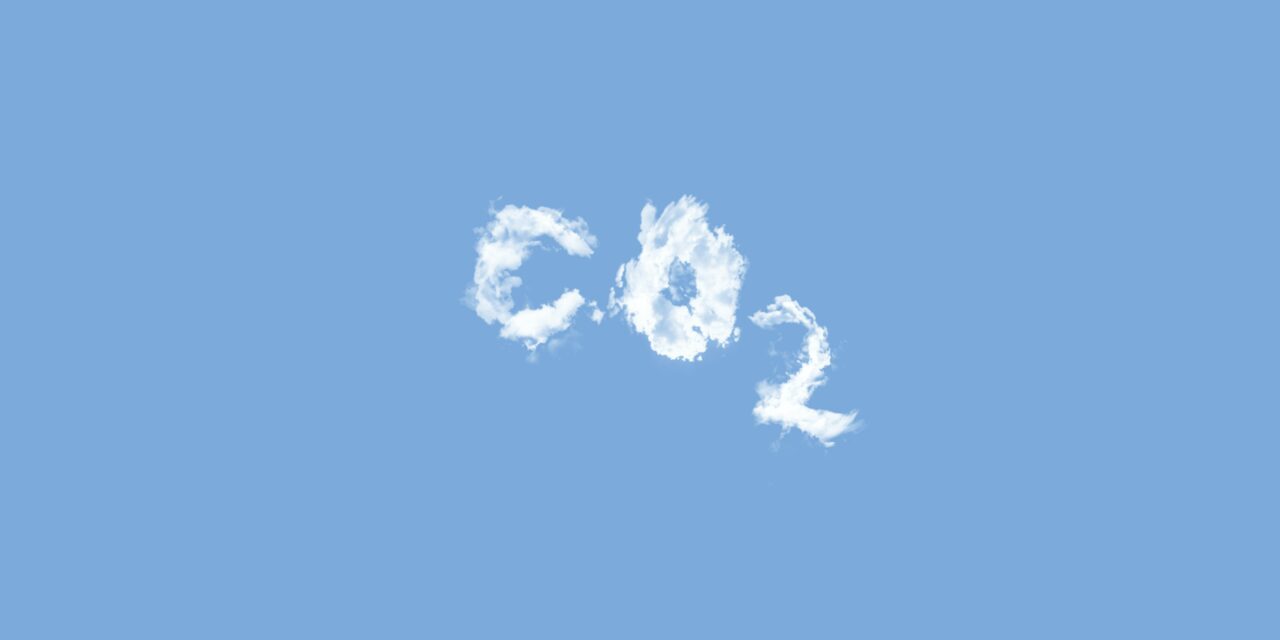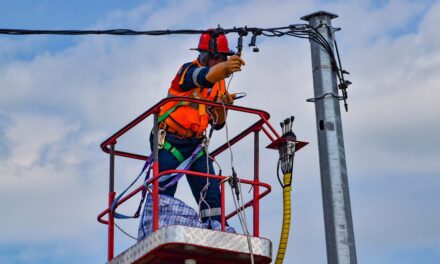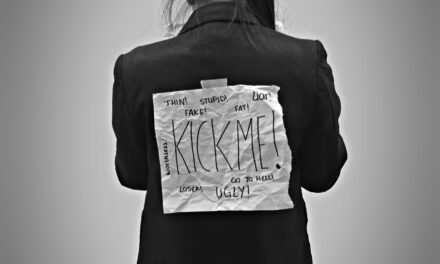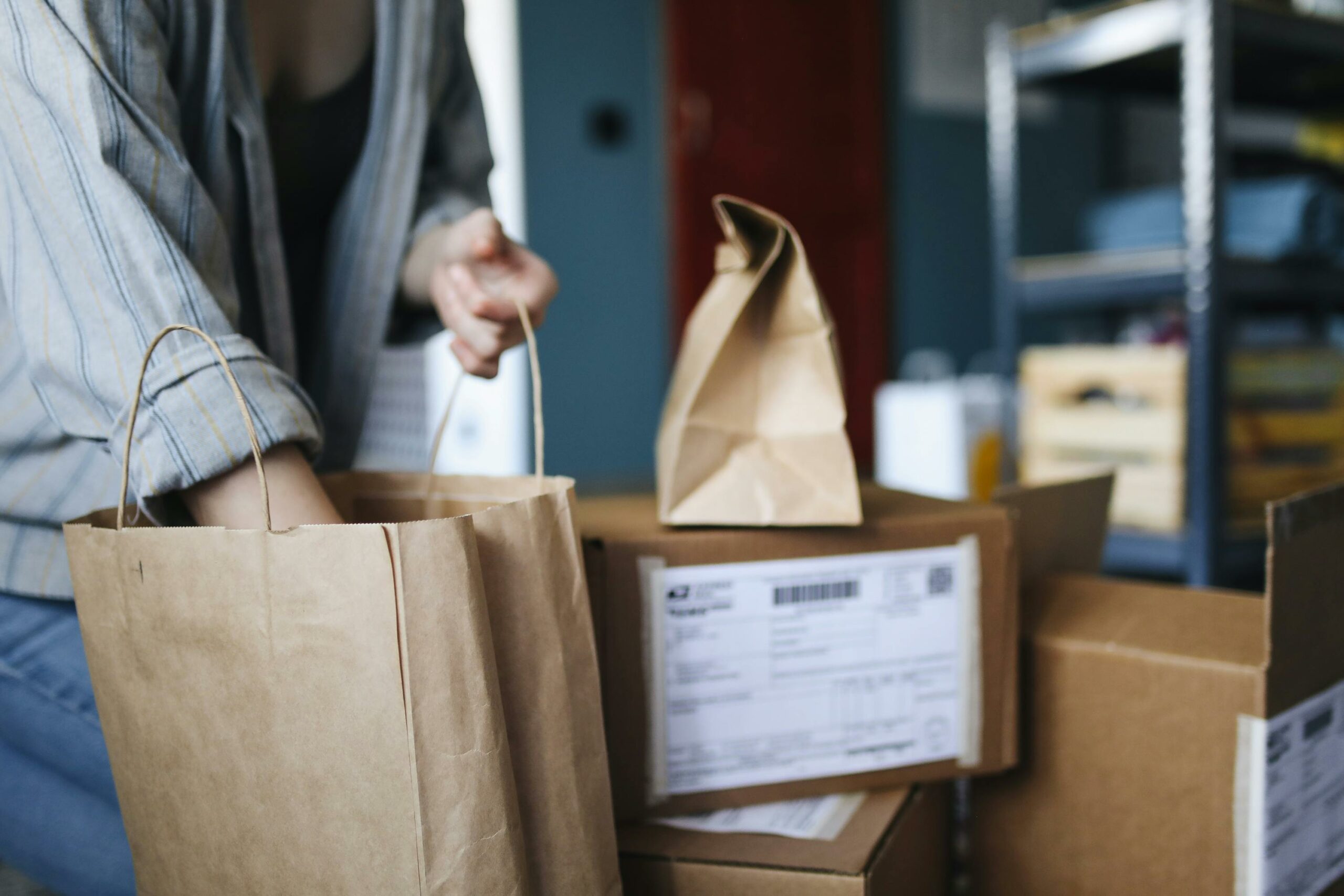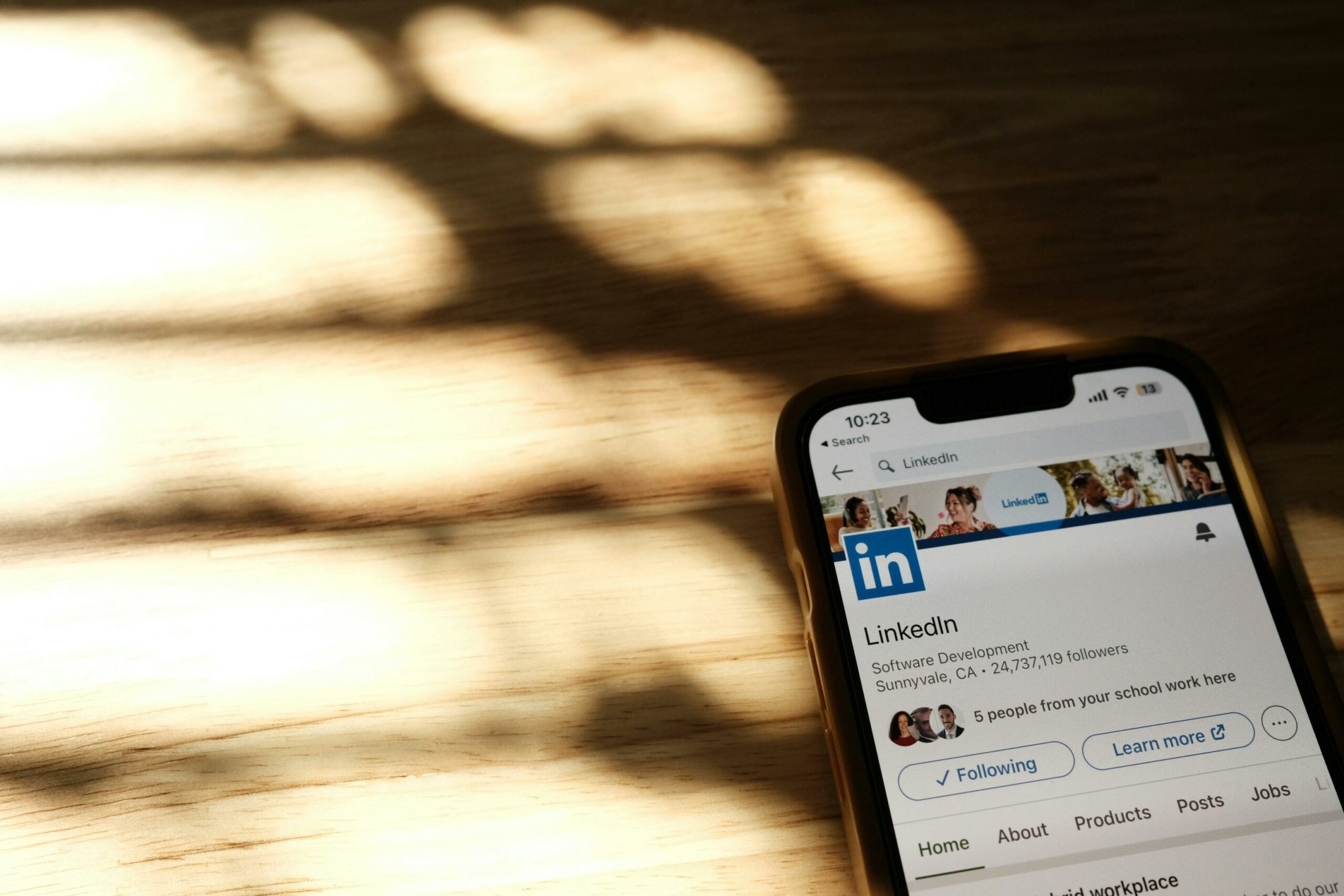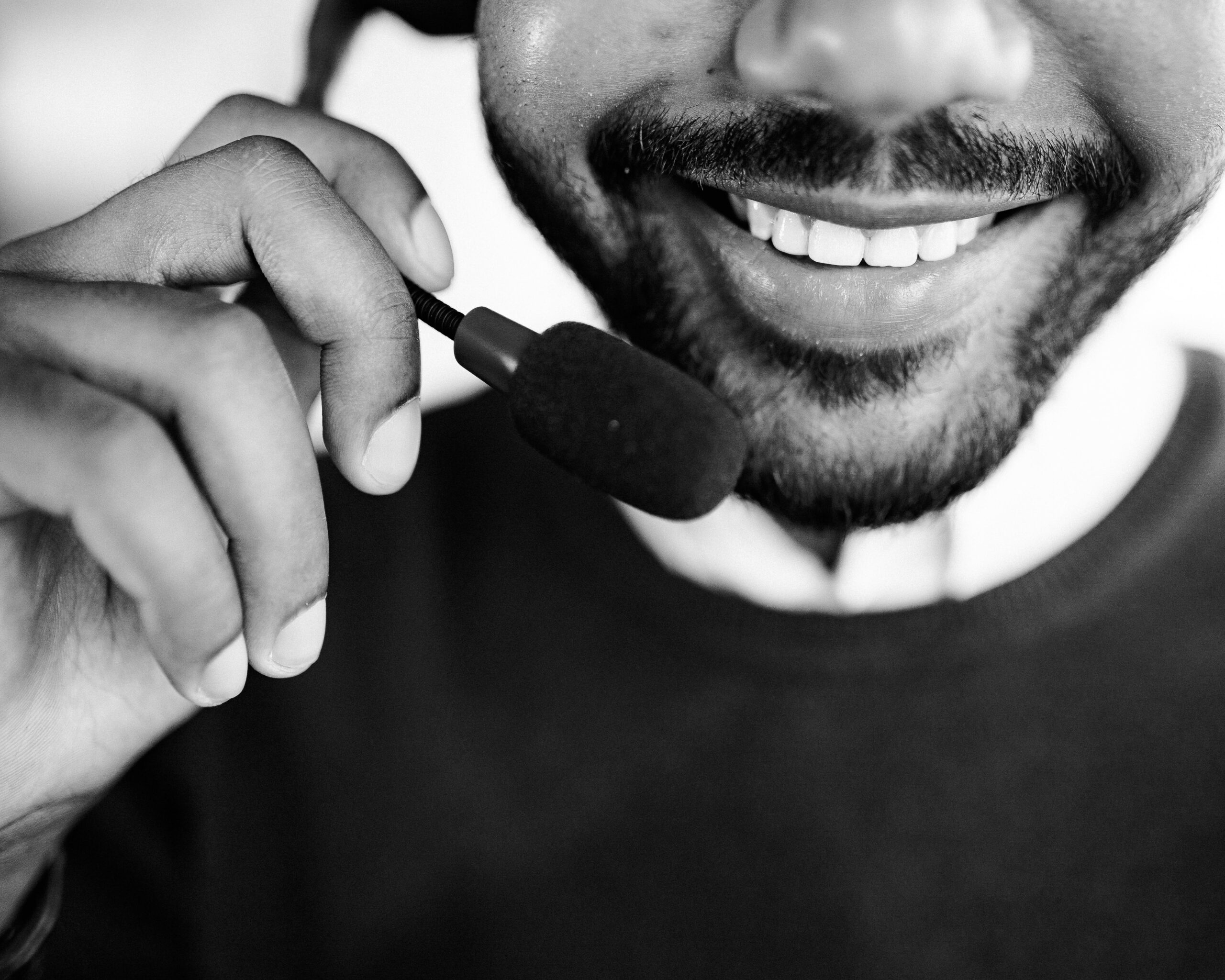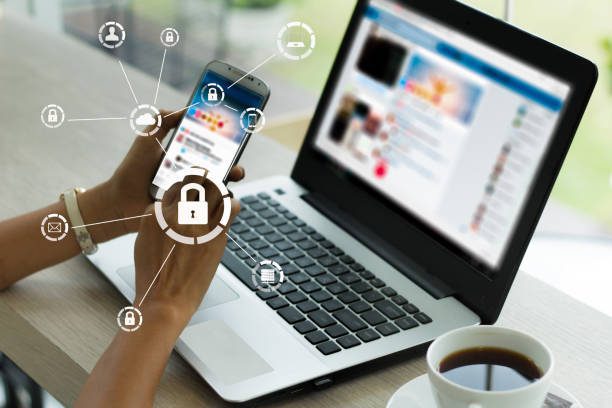Homegrown building performance tech company Tether has caught the eye of Japanese multinational imaging and electronics giant The Ricoh Company Ltd.
Tether delivers a CO2 monitoring solution for managing COVID-19 risk within any government or protection framework. COVID-19 can be spread by breathing in air exhaled by another person, hence high CO2 levels in the environment mean a higher percentage of the air we breathe is shared with other people, which leads to a higher exposure risk.
Unified Communications Manager at Ricoh New Zealand Limited, Brett Clark, said Tether and Ricoh had signed an exclusive reseller partnership agreement, potentially opening up global opportunities for Tether—the company is already courting interest from the UK and Australia.
“Part of the Ricoh strategy is to build the digital services division to accommodate the newly evolving hybrid work environment—itself an emerging global trend in light of the challenging times that have confronted organisations as a result of Covid.
“We have seen accelerated growth in the hybrid working space, fuelled partly by the need for organisations to limit the spread of things like viruses while boosting productivity. Tether’s ability to monitor and measure the naturally built environment dovetails neatly into this space.
Clark said the key to making the hybrid model work was developing a new understanding of how space is utilised—including occupation levels on any given day—so that organisations can better meet needs around things like hot desks, carparks and meeting rooms.
“By monitoring CO2 levels—among other things—Tether’s data clearly indicates how facilities are being used and various occupancy levels. CO2 levels are also a clear indicator of conditions that encourage or inhibit the transmission of viruses.”
Ricoh is one of the top five audio-visual integrators globally—focusing on setting up meeting rooms, boardrooms, conferences and auditoriums—and is ideally positioned to help some of the largest organisations in the world adapt to the new digitally-enabled interactive work environment.
“Partnering with somebody like Tether is not only another string to our bow, it helps us make sure that our clients are well-positioned to attract talent through hybrid working practises while also building a solid culture in a more fragmented working environment.
“The hybrid working environment is here to stay—if the price of real estate and trends in Europe are anything to go—and Tether will be an invaluable tool for adjusting the office environment to suit due to their real-time analytics on usage and environmental information. It’s the kind of data that helps business understand their space needs, ventilation and where to place people.”
Clark said the reseller partnership with Tether fits the Ricoh product set and is a match in values, including environmental sustainability.
“Responsible organisations worldwide are asking many questions about the best environment for employees and the planet. Ricoh’s consultancy work in this area and Tether’s data will help us make real strides on getting it right for people and the planet.”
Clark said there are strong indicators that the Ricoh Tether partnership will be expanded to Australia and Europe. “Ricoh has the global reach to help multinationals deploy this technology,” he said.


